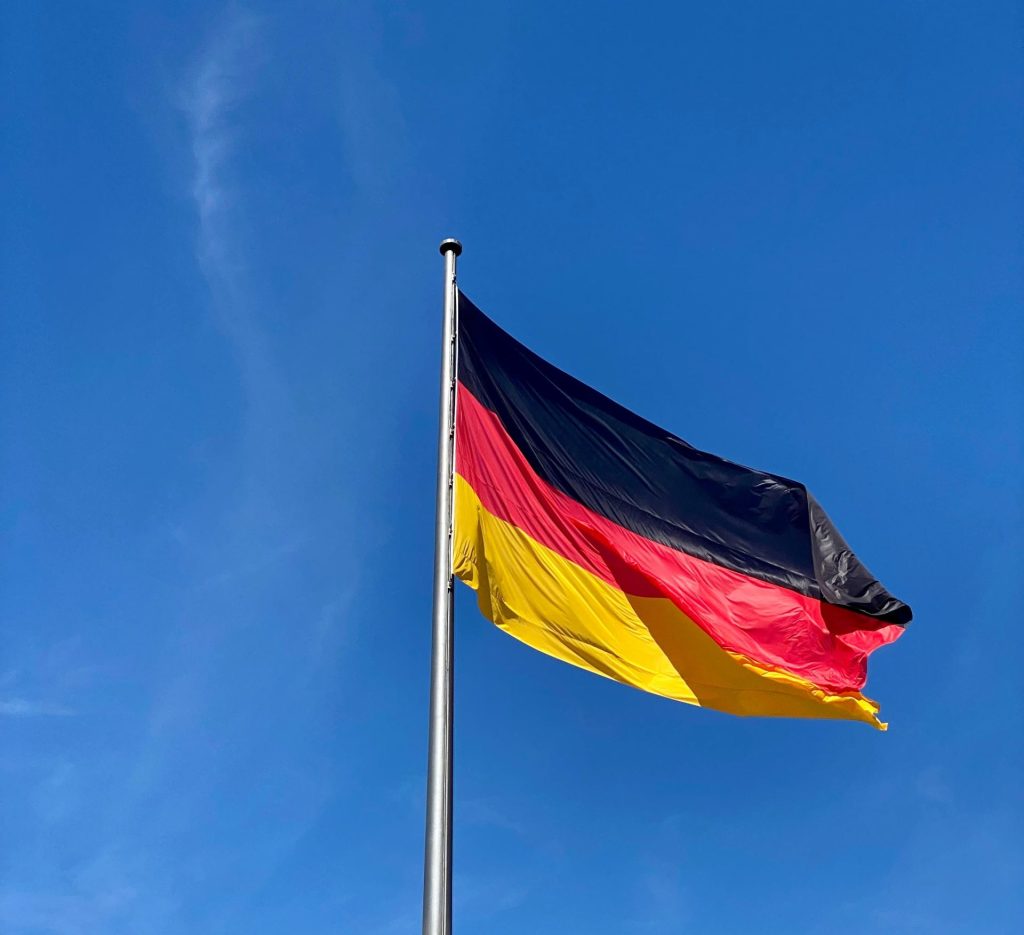Where is Germany Heading?

More than ever, Germany is today the focus of much attention on the European scene. The difficult negotiation over the assistance package to Greece and the setting up of a stabilisation fund has earned Chancellor Merkel bad press. Germany has been castigated and blamed for a lack of vision for its reluctance to help its Eurozone partners who are also among its main clients.
However, much of this criticism could be turned on its head. As Tommaso Padoa-Schioppa, President of Notre Europe, has recalled in a recent paper, no European country has ever consented to as big a transfer of sovereignty as Germany did when it accepted to do away with the Deutsche Mark. That, in and of itself, is sufficient to explain why she has found it difficult to tolerate the unruly behaviour of other Eurozone members. Moreover, it required great courage on the part of Mrs. Merkel to eventually accept the rescue package against a majority of German public opinion and the advice of some of her most prominent advisers.





